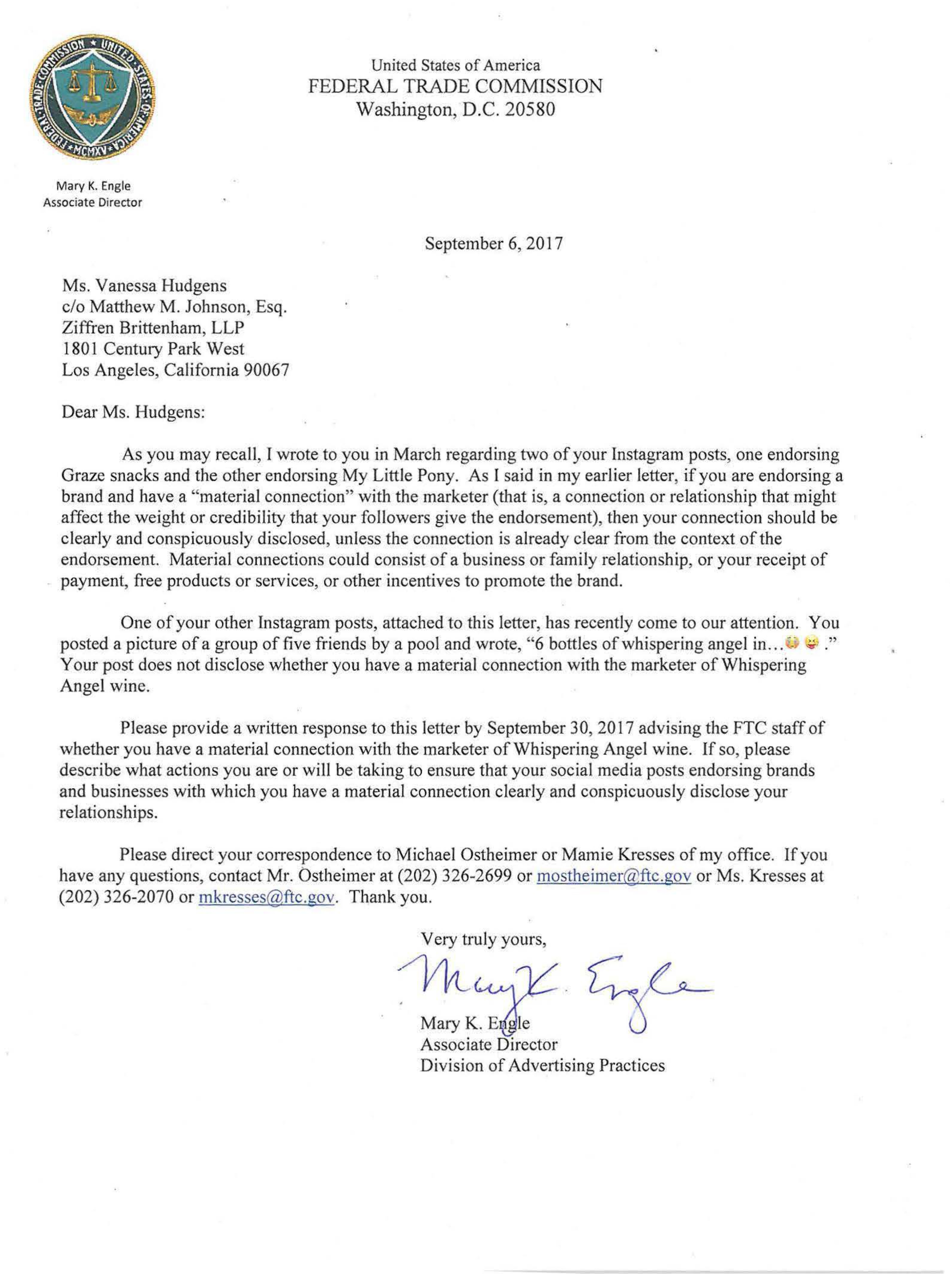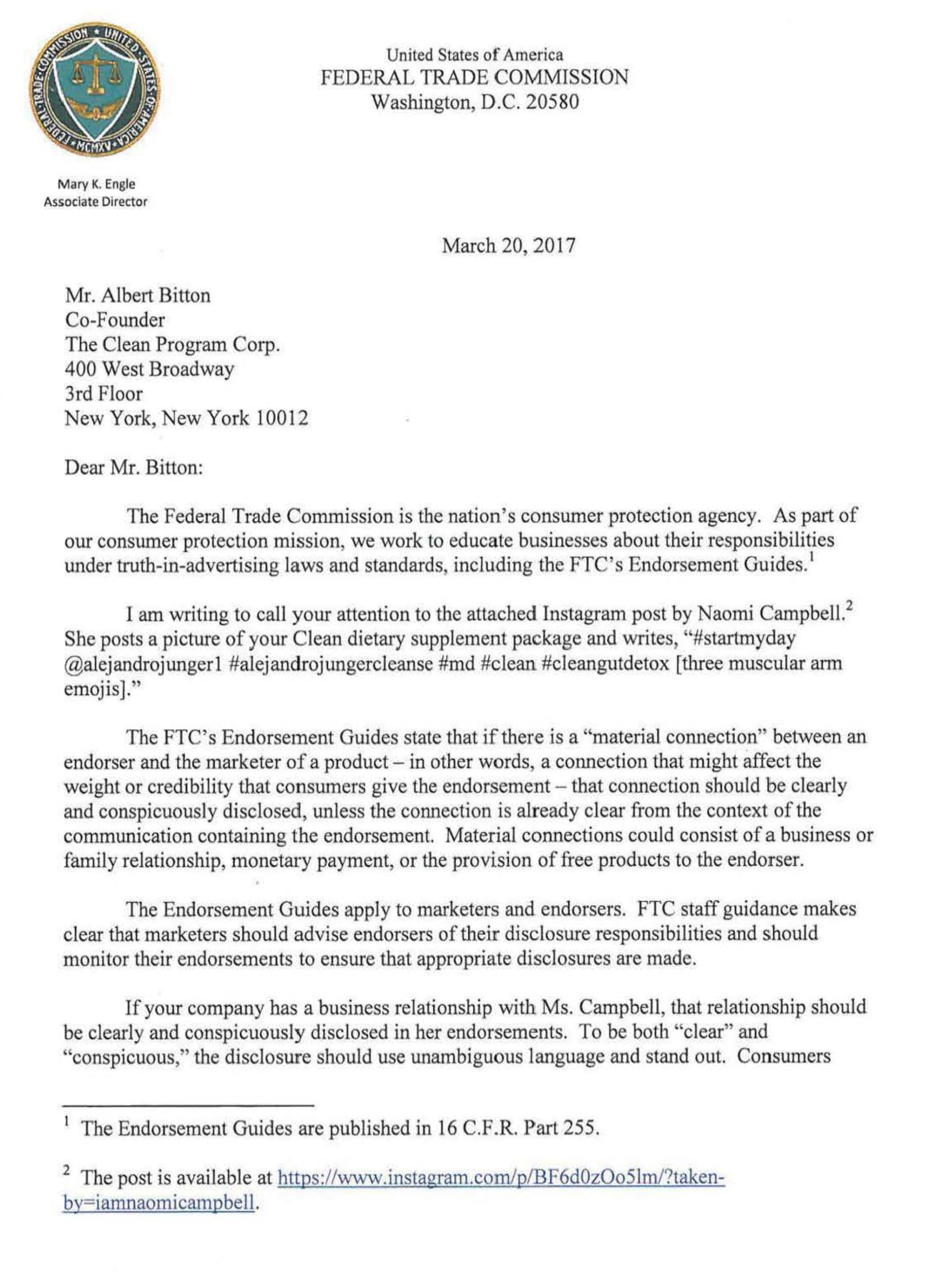What is disclosure?
The act of making something obvious. Disclosing (divulging or explaining), the purpose and interests of an influencer in his/her published posts: written, audio or video.
Why disclose?
By disclosing the purpose and relationship of a post, influencers are letting their audience know more about the information they’ll be reviewing. Influencers retain the freedom to write original content, as well as select which marketers and brands they will represent in exchange for money or gifts. Any ethical concerns will remain where they’ve always been – on the individual level. Because it is an influencer’s choice to select which topics will bring them payment, he/she remains responsible for his/her own reputation.
This site is provided as a free service of IZEA, provider of influencer marketing software that connects agencies and brands with influencers. IZEA believes in transparency and disclosure in influencer marketing.
Why is it important in influencer marketing?
Because marketers are offering influencers payment, gifts, or other compensation to create content about specific products or services, the influencer’s interest in the product or service may be in part the financial gain. Whether the influencer would have included content in his/her post about the product or service without gift or payment, the fact is the influencer is receiving payment for certain content.
The FTC Mandates Disclosure
“If you are endorsing a brand and have a “material connection” with the marketer (that is, a connection or relationship that might affect the weight or credibility that your followers give the endorsement), then your connection should be clearly and conspicuously disclosed, unless the connection is already clear from the context of the endorsement. Material connections could consist of a business or family relationship, or your receipt of payment, free products or services, or other incentives to promote the brand.”
Mary K. Engle
Associate Director, Division of Advertising Practices – Federal Trade Commission



